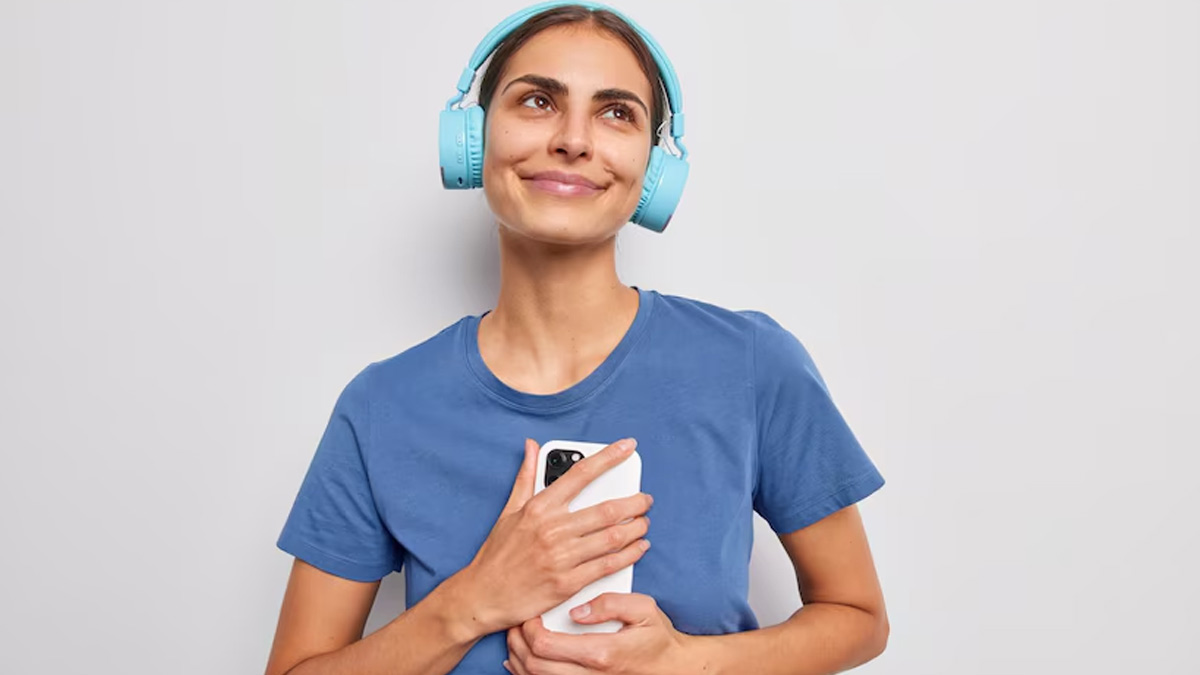
Noise cancellation earphones have become an essential gadget for many, providing a sanctuary of silence in a noisy world. They promise an immersive audio experience by blocking out unwanted ambient sounds, making them perfect for everything from commuting to focusing in a bustling office. While you enjoy the serene escape from the worldly noise to enjoy music, your ears may be paying a price. Like any technology, noise-cancelling earphones come with potential side effects that users should be aware of.
Table of Content:-
Generally, noise cancelling headphones don’t bother the health of your ear, however, if the volume is high and more than necessary, it definitely can affect your ear negatively. To understand how noise cancelling headphones affect your ears, OnlyMyHealth spoke to Dr Shikha Sharma, HOD & Senior Consultant, Yatharth Super Speciality Hospital, Noida Extension.
Dr Sharma said, “Noise-cancelling headphones have revolutionised our listening experience, offering a serene escape from the ambient noise of our daily environments. However, prolonged and excessive use of these devices can have unintended side effects on our auditory health.” Here are effects of noise cancelling headphones on ears explained by Dr Sharma.
1. Pressure on the Ears

One of the most commonly reported side effects of using noise cancellation earphones is a sensation of pressure in the ears. Dr Sharma said, “Noise-cancelling technology may create a subtle pressure effect in the ear, which some users may find uncomfortable and it can lead to headaches or a feeling of ear fullness.” This phenomenon occurs because active noise cancellation (ANC) technology uses sound waves to cancel out external noises, which can create a feeling similar to the pressure experienced during a flight. While not harmful, this sensation can be uncomfortable and distracting for some users.
2. Hearing Damage

“While these headphones are designed to reduce external noise by creating sound waves that counteract ambient sounds, continuous exposure at high volumes can lead to hearing damage over time,” Dr Sharma warned. The World Health Organization states that listening to sounds at or above 85 decibels for extended periods can cause permanent hearing loss. “It's crucial to use noise-cancelling headphones responsibly by moderating volume levels and taking regular breaks to prevent potential ear fatigue and hearing impairment,” Dr Sharma advised.
3. Balance and Dizziness
As per studies, some users have reported experiencing balance issues and dizziness while using noise-cancelling earphones. This is particularly prevalent when the ANC feature is used in very quiet environments. The absence of ambient noise can disrupt the body's natural sense of balance, leading to feelings of dizziness or disorientation. If you experience these symptoms, it may be helpful to reduce the use of ANC or opt for earphones with adjustable noise cancellation settings.
4. Headaches and Ear Pain

According to Dr Sharma, the constant pressure exerted by noise-cancelling earphones can lead to headaches and ear pain. This discomfort is often due to the earphones' tight fit and the continuous ANC process. Users who are prone to migraines or have sensitive ears might find that extended use exacerbates these conditions. It's advisable to limit the duration of use and ensure that the earphones are fitted correctly to minimise discomfort.
Also read: Expert Shares Tips To Prevent Age-Related Hearing Loss Or Presbycusis
Conclusion
While noise cancellation earphones offer numerous benefits, including improved focus and a better listening experience, it's important to be mindful of the potential side effects. Users should pay attention to their bodies' responses and practice moderation in their use. Regular breaks, safe volume levels, and proper fit can help mitigate many of the negative effects associated with ANC technology. Dr Sharma concluded, “By being mindful of these practices, users can enjoy the benefits of noise cancellation without compromising their auditory health. As always, consult with an audiologist if you experience any discomfort or hearing issues while using these devices.”
Also watch this video
How we keep this article up to date:
We work with experts and keep a close eye on the latest in health and wellness. Whenever there is a new research or helpful information, we update our articles with accurate and useful advice.
Current Version